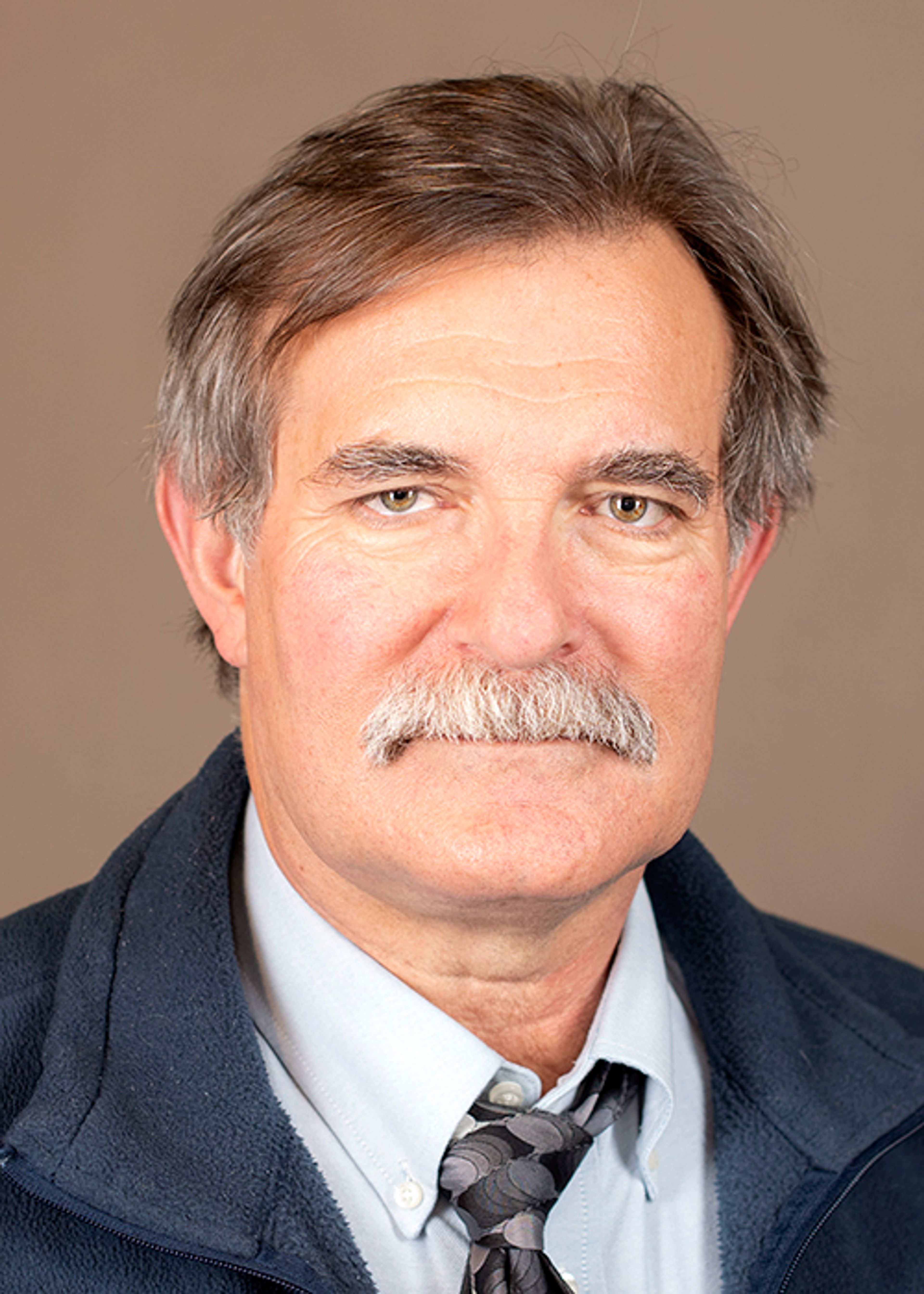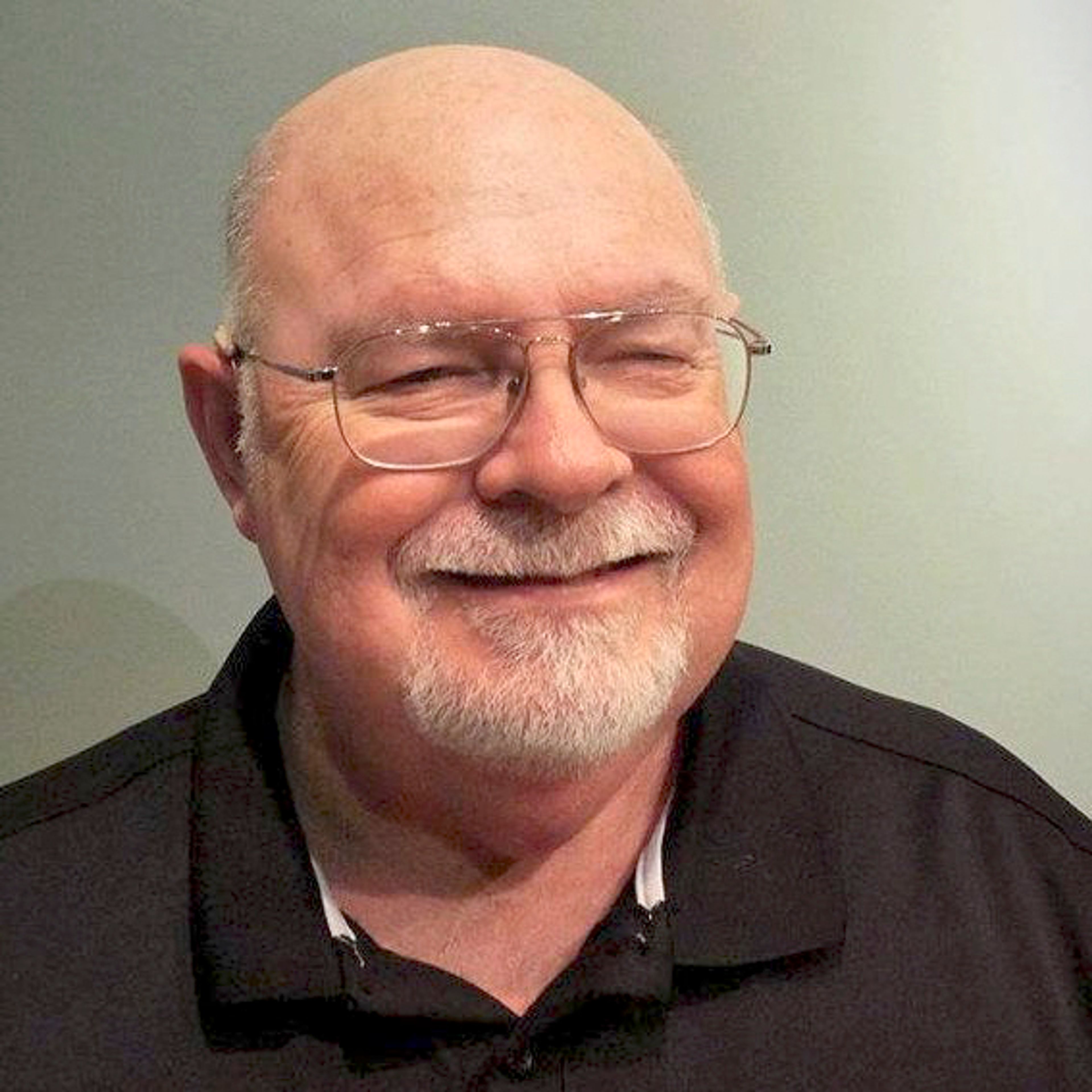OPINION: Oregon and Idaho voters to vote on ‘un-gaming’ the elections
Commentary by Randy Stapilus
Across the border in Oregon, voters this fall are considering whether to approve a ballot issue that would set up a statewide system of ranked choice voting. The bases of support and opposition for that idea are a lot different than they are in Idaho, where voters are about to make a similar decision.
The Oregon measure was developed and put on the ballot not by an independent group, but by the Legislature — the same type of governmental organization that in Idaho (in its majority at least) is fiercely in opposition to it. In Oregon, however, it is Democratic legislators who are in favor, with most Republicans in opposition.
But Republicans are not alone in opposing the Oregon measure. So are quite a few Democrats, who point to flaws in the plan. Unlike the Idaho issue, it wouldn’t change the strict party registration requirements for voting in primaries. (In Oregon, only people registered with a party get to vote in that party’s primary election.) It also would set up two entirely different ranked choice systems for statewide candidates and for local offices (those choosing to use ranked choice, which could result in a local government patchwork). And — this is the real red flag for a lot of people — the Legislature exempted itself from ranked choice voting.
Ranked choice voting, which has as a hoped-for end result, the election of candidates who have support from a majority and not just a thin plurality of the voters, can be done in a lot of different ways. Some of them are complicated.
Others are not, and the ballot proposition Idaho voters will decide on election day is not very complicated at all.
It is similar to the system in Alaska, which has worked generally as intended and seems to have general satisfaction in the state. That level of popularity will be put to the test with a repeal proposal on the ballot, but early indications seem to favor ranked choice. So far it seems to have resulted in the election of candidates, of both parties, with broad appeal.
The battle over ranked choice may be fiercer in Idaho than anywhere else, though. The state Republican Party organization is solidly lined up against it, and some several key legislators have spoken about killing it if the voters should dare to cross them and pass it.
The higher intensity in Idaho probably has to do with the more focused political stakes. In Oregon and Alaska, the effects of ranked choice voting are more scattered and less targeted.
In Idaho there is a target: the hard-edged and highly ideological group that has taken over much of the Idaho Republican Party, including its statewide leadership, and many of the Republican seats in the Idaho Legislature. As columnist Jim Jones has written, in this year’s primary election alone a long list of mainstream Republicans, including the Senate president pro tem, lost to the more extreme alternatives in races where only about 10% or fewer of the registered voters cast a ballot, which allows people on the political fringe to dominate the results.
The theory of the case is that if more voters were involved in the choices, candidates who are more centrist would win, not all the time, but more often. A change along the lines of the proposal on Idaho’s ballot may, in the short haul, be the only way to make that happen.
If it does, be aware: This is not a solve-all.
Ranked choice is like late in-person canvassing in intensive elections: It can matter where elections are already close, within a percentage point or two or maybe three, but not if the margins are already wide. It won’t create a win for a candidate who otherwise would have lost in a landslide. It will not upend all of Idaho politics.
But it would bring more people into the decision of who will govern the state. If the number of Idahoans who participate effectively in choosing their leaders in a primary is closer to a third than a tenth, and if the eventual winner has to generate appeal across a larger group of voters in the general election, that has the sound of moving closer to “government by the people.”
Stapilus is a former Idaho newspaper reporter and editor who blogs at ridenbaugh.com. He may be contacted at stapilus@ridenbaugh.com.







